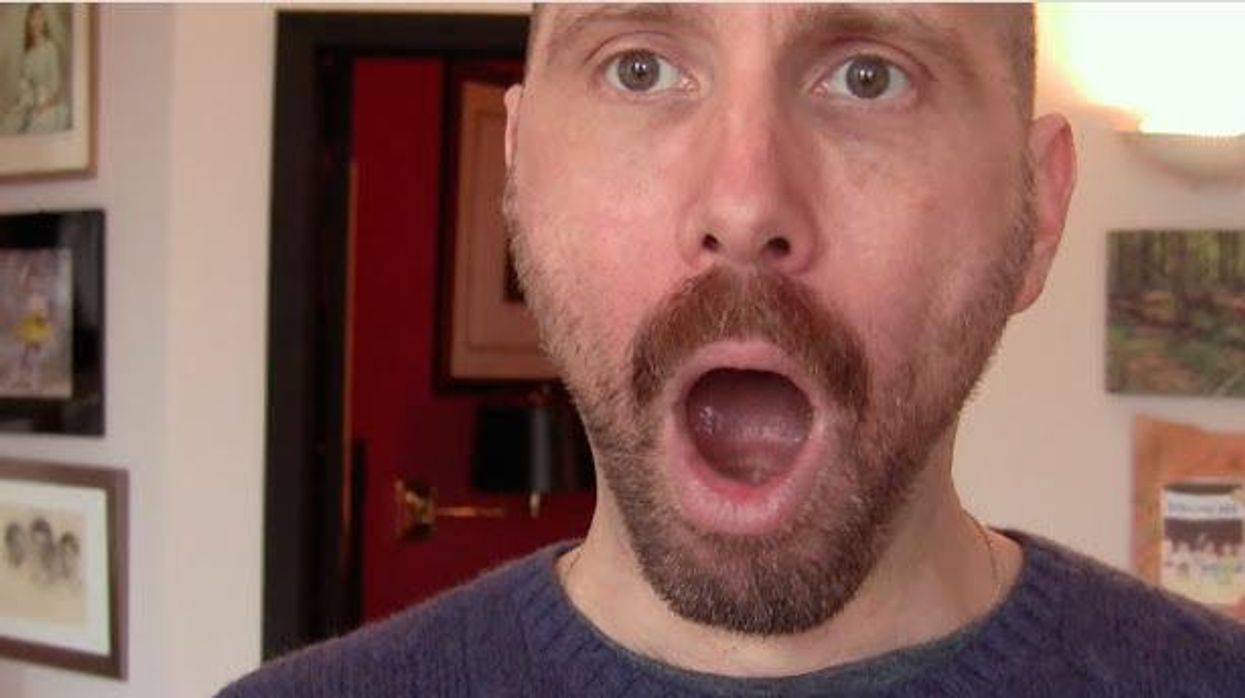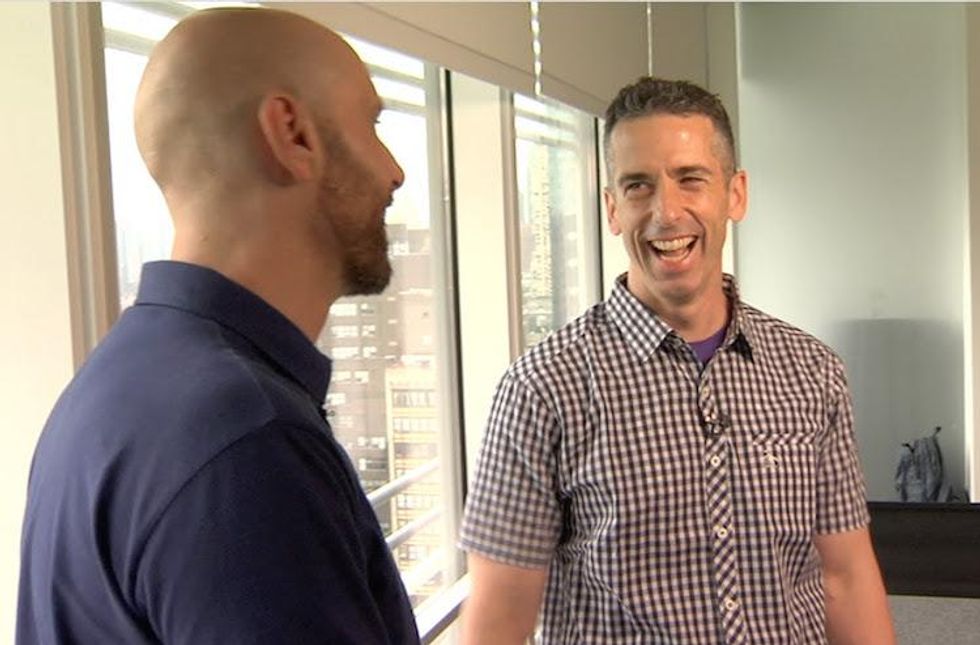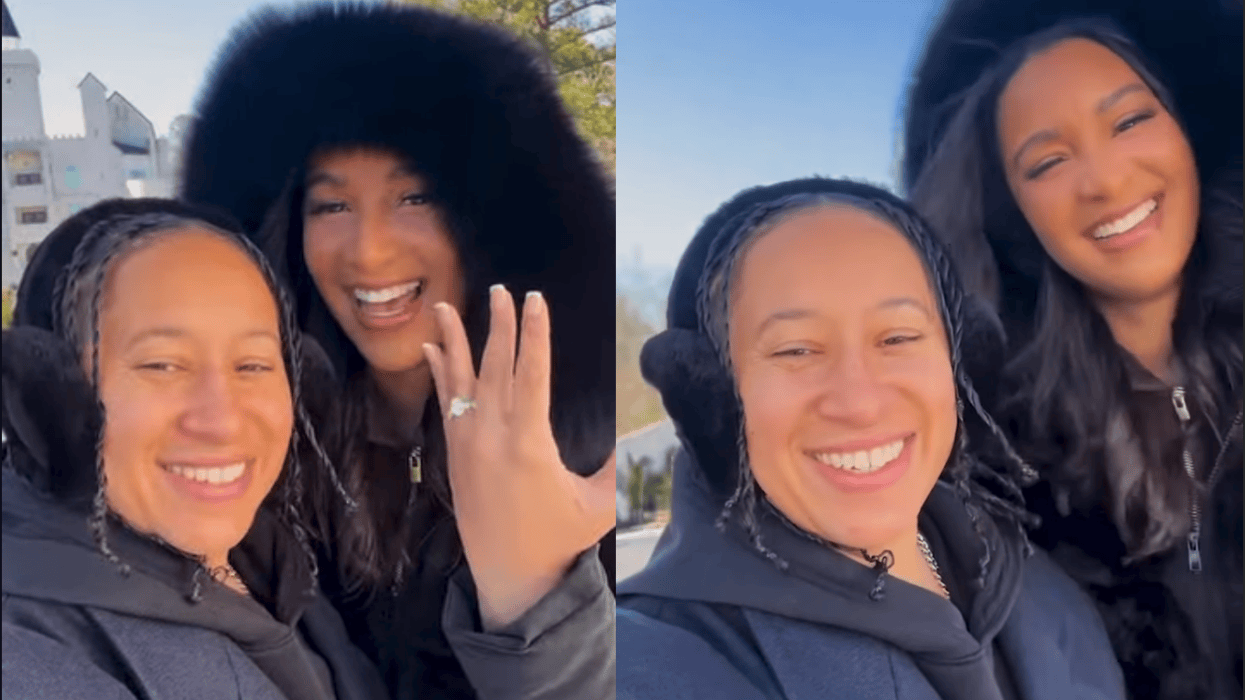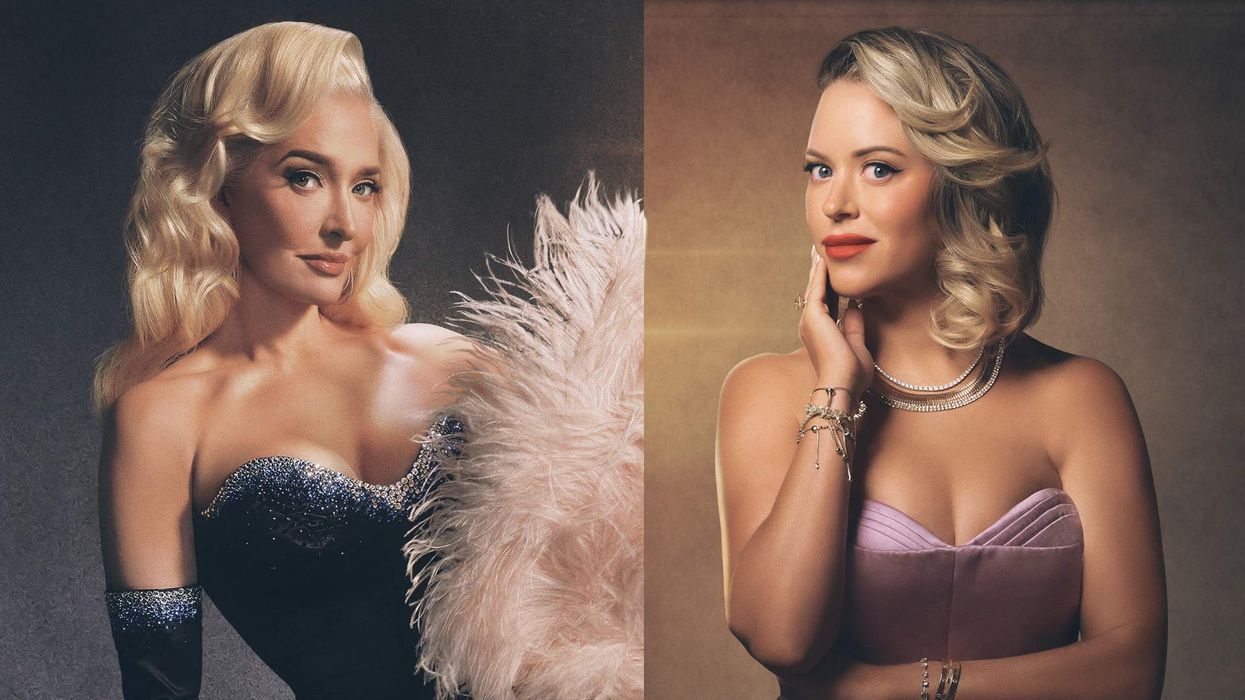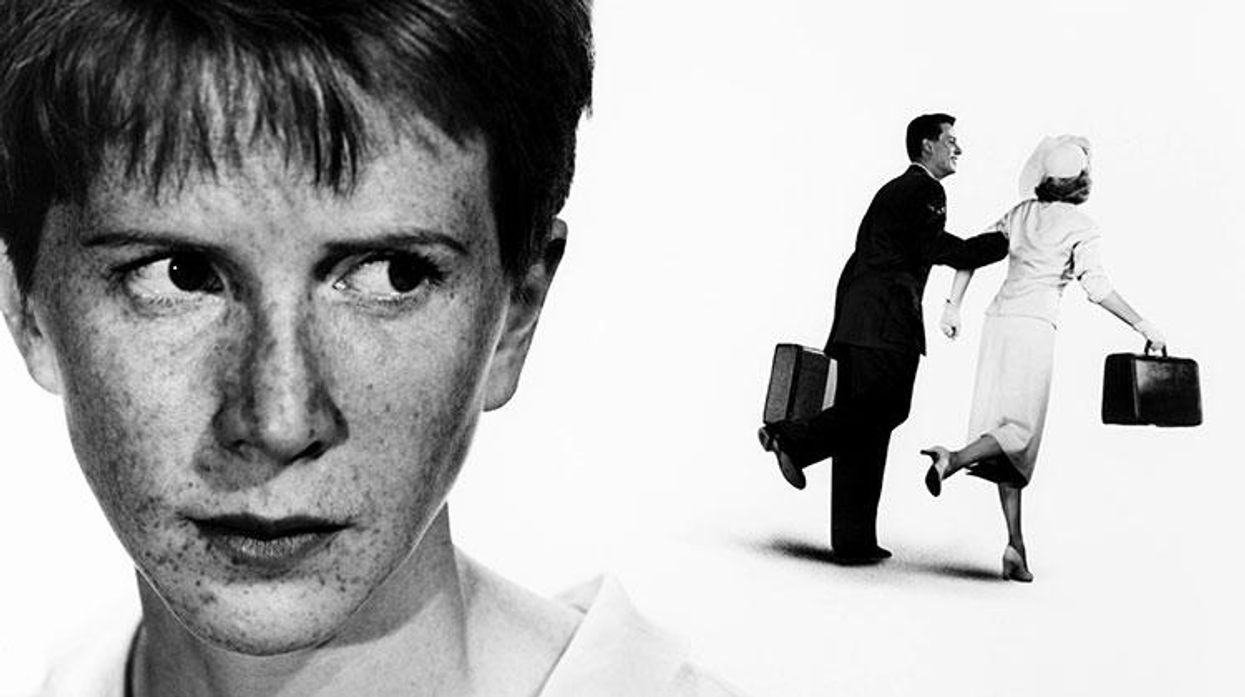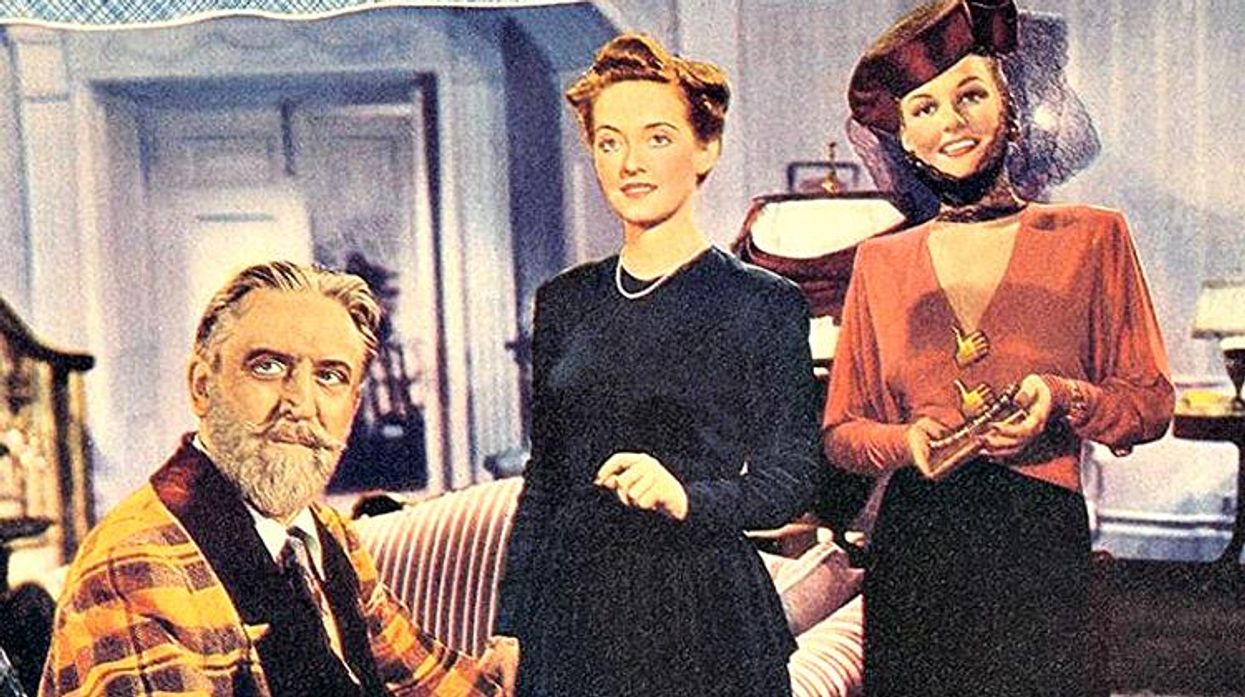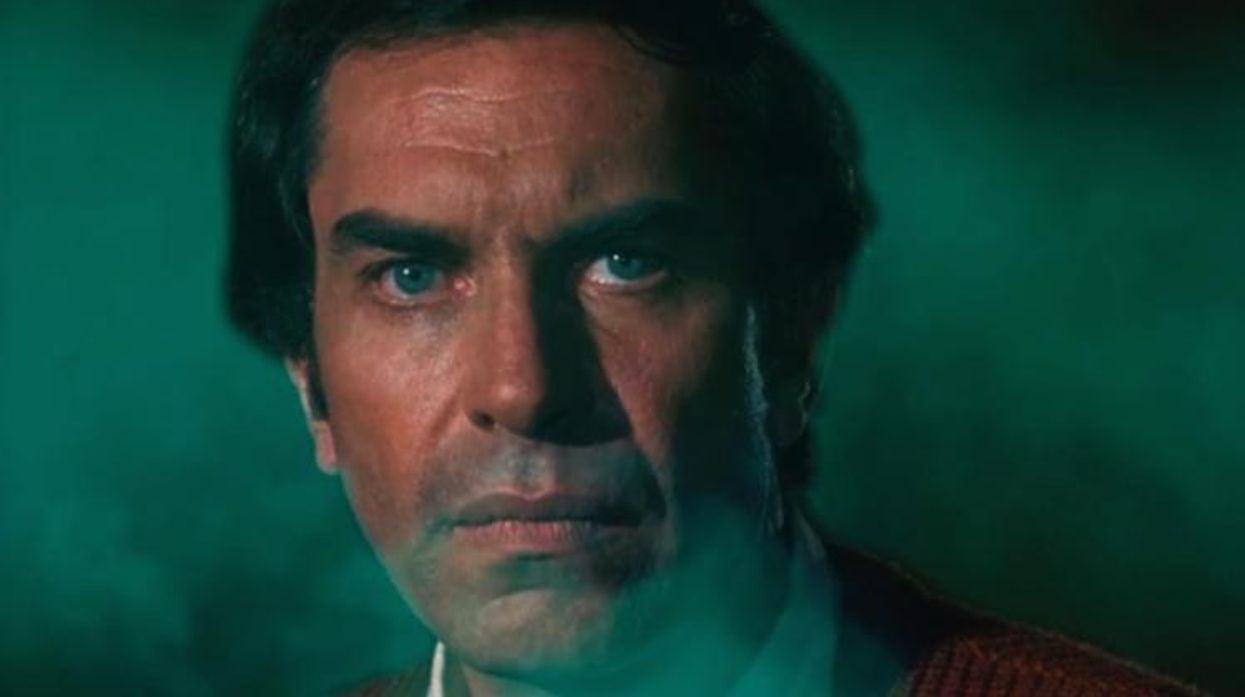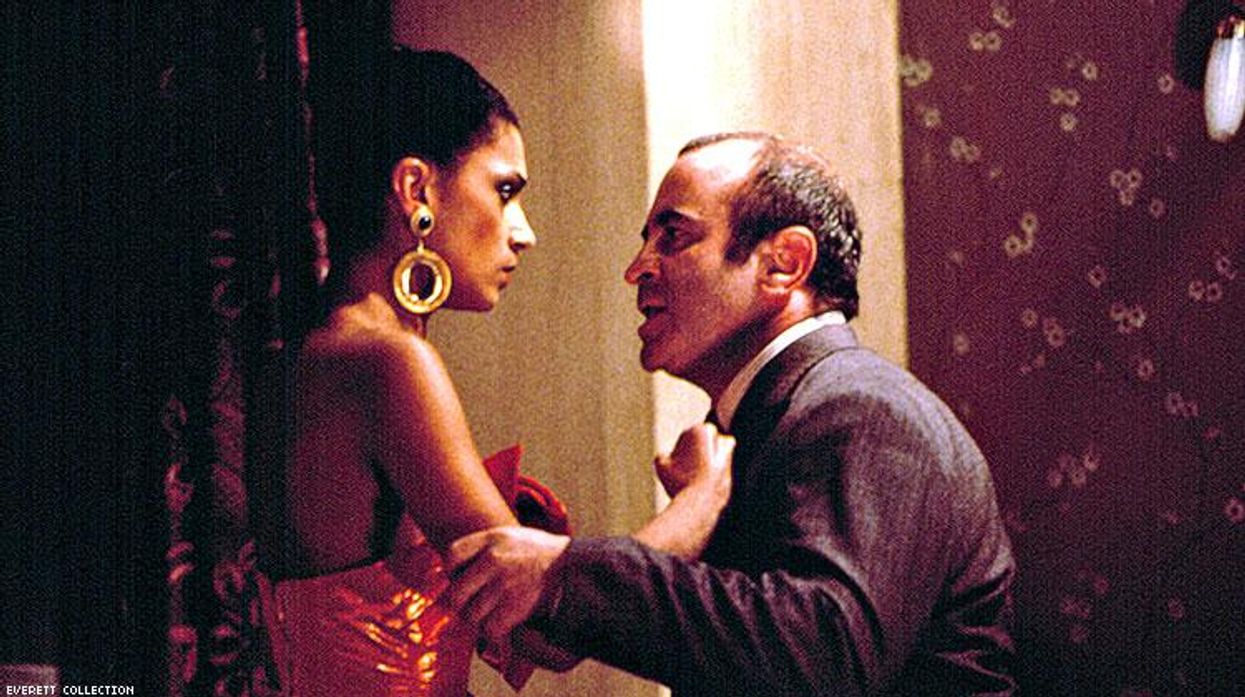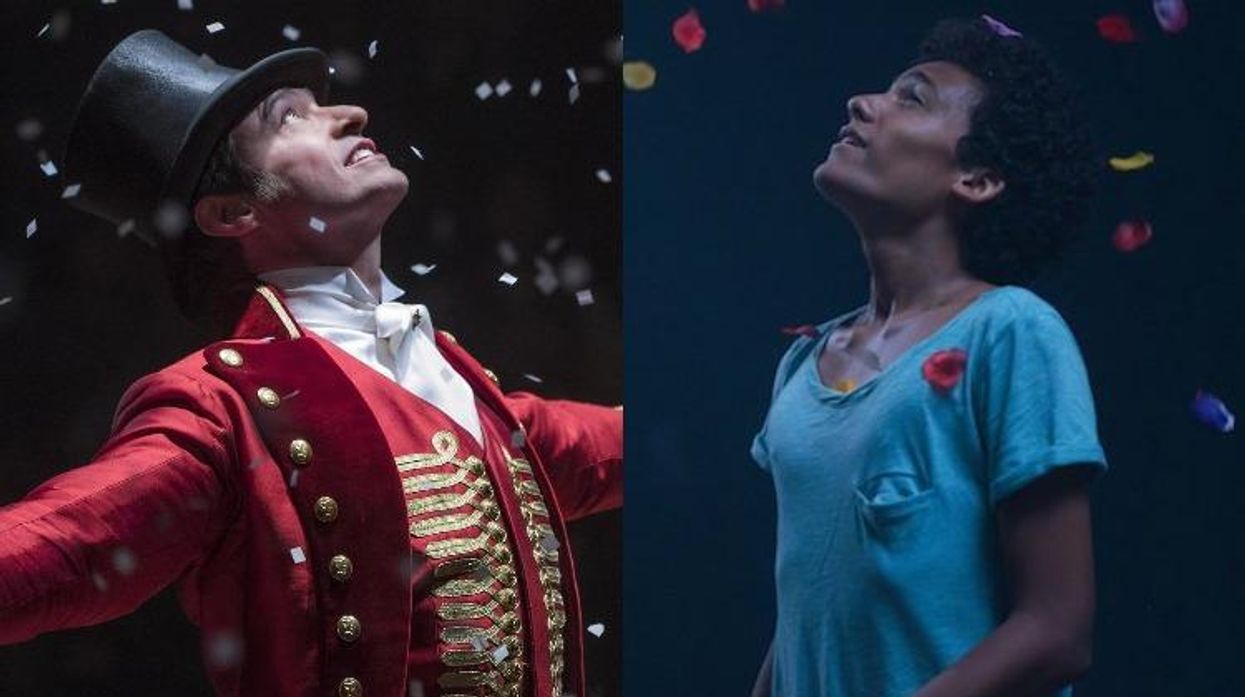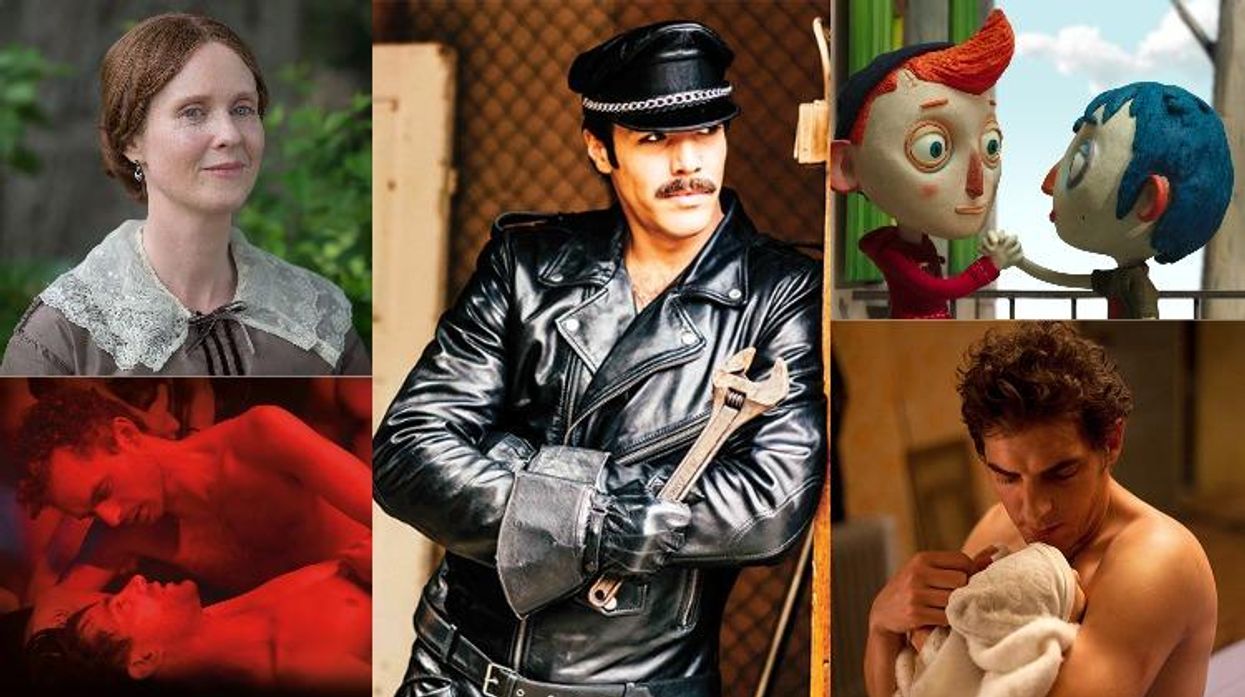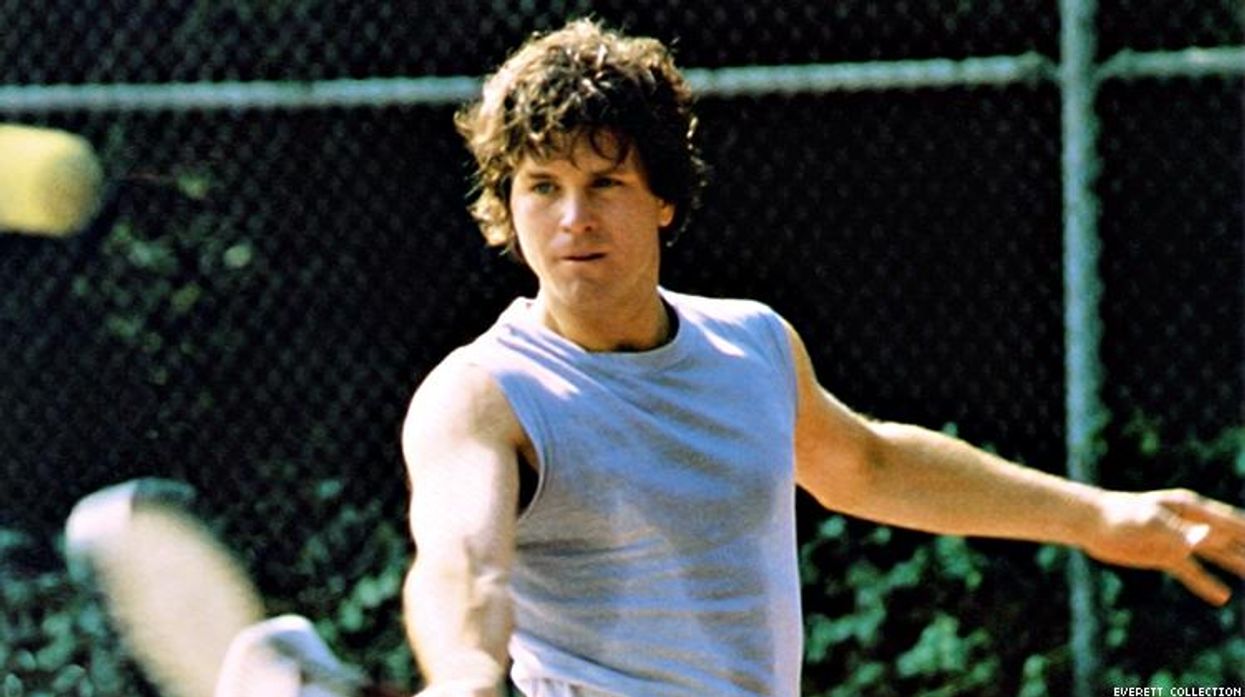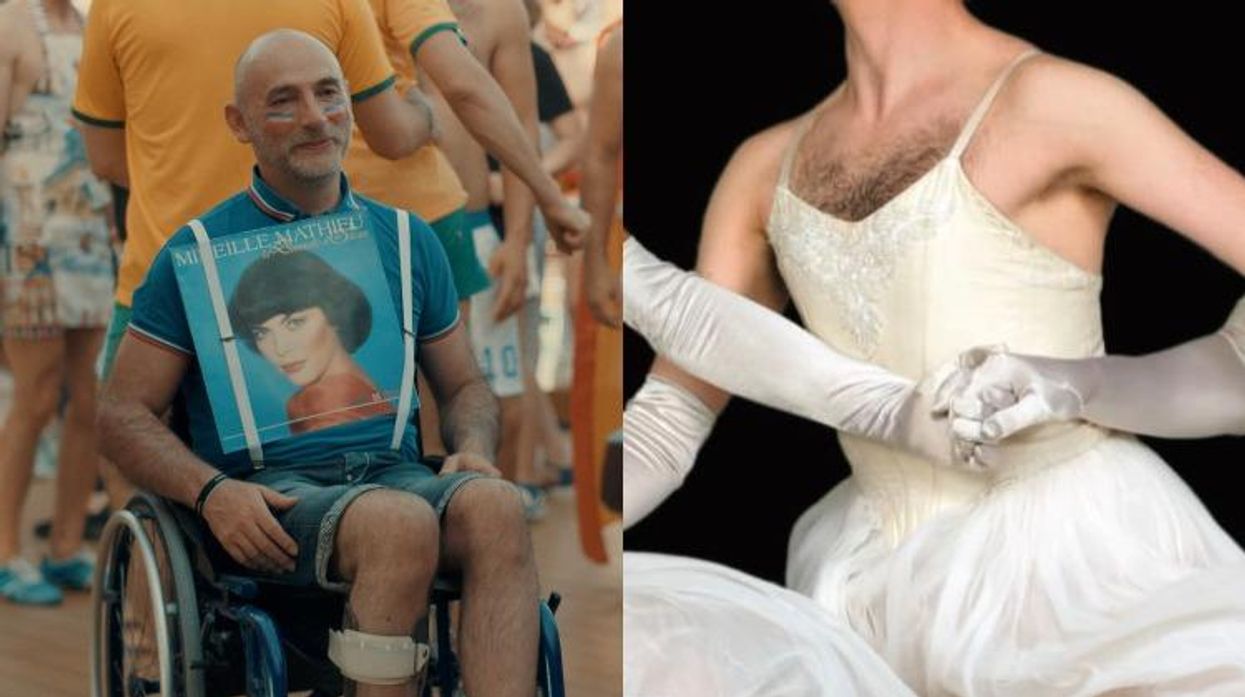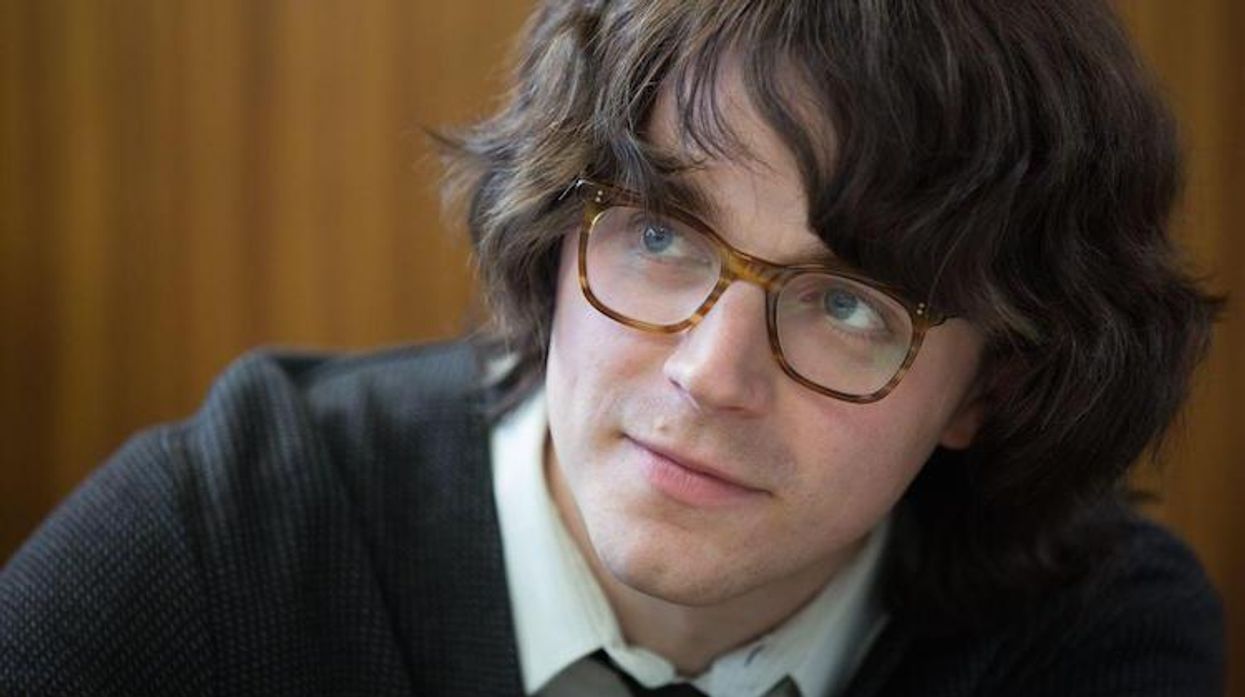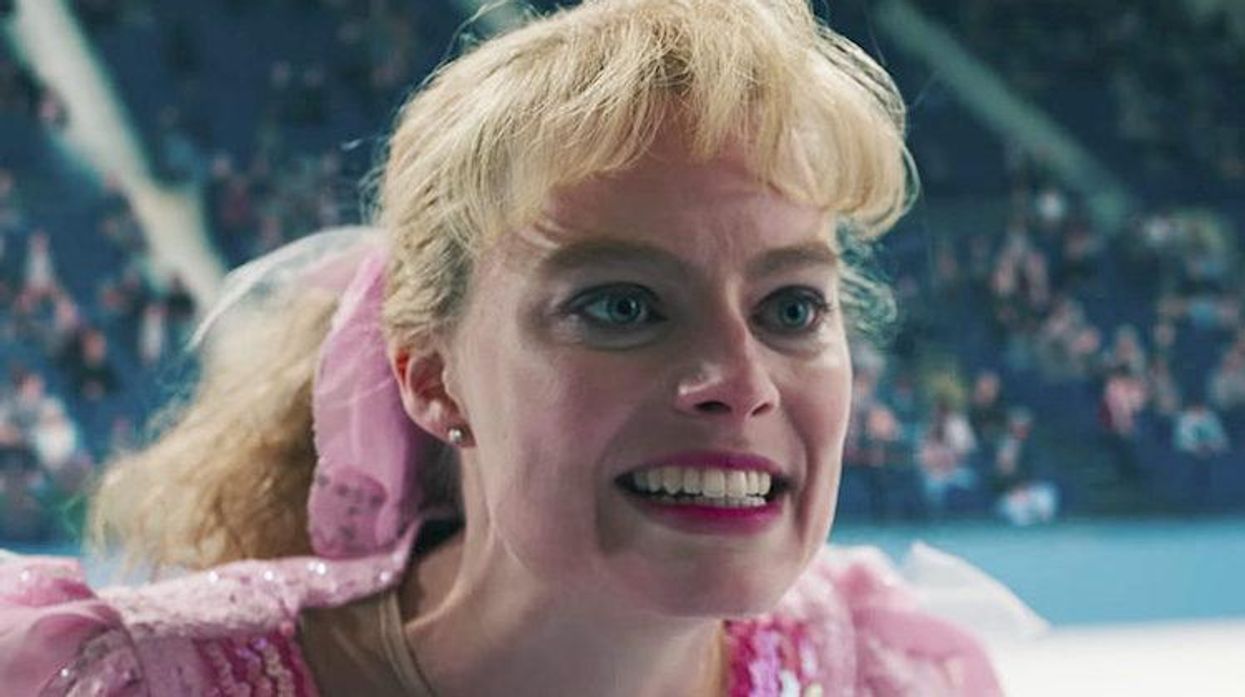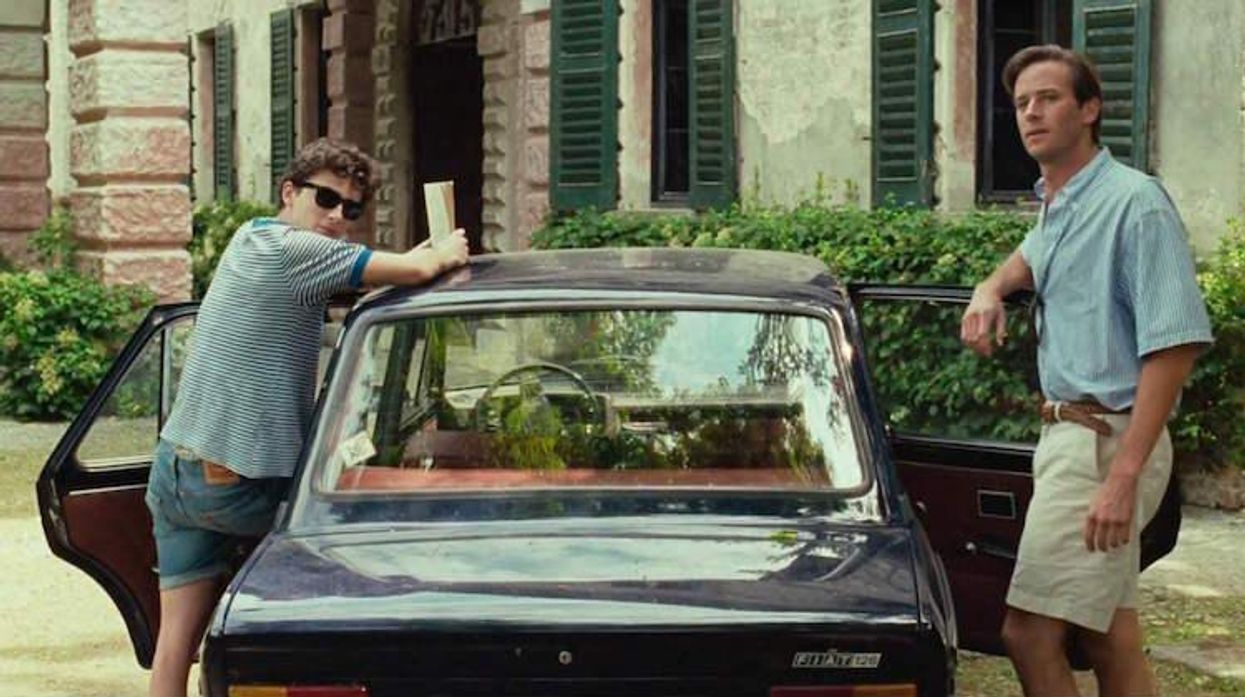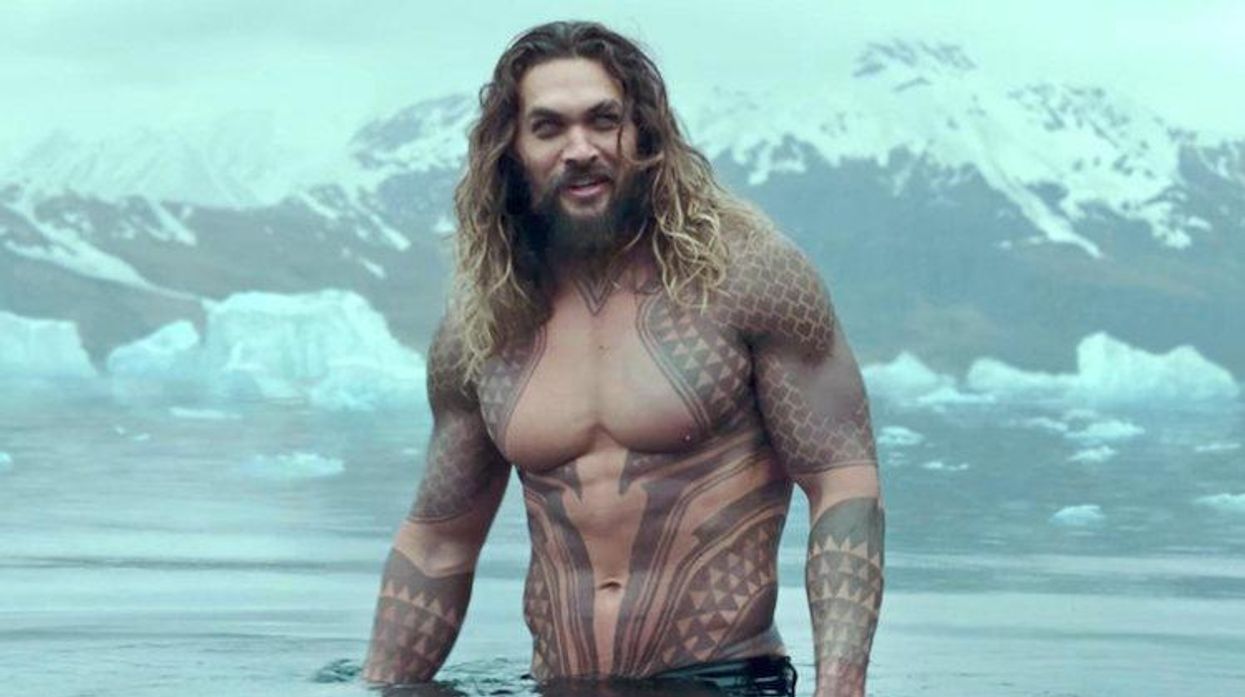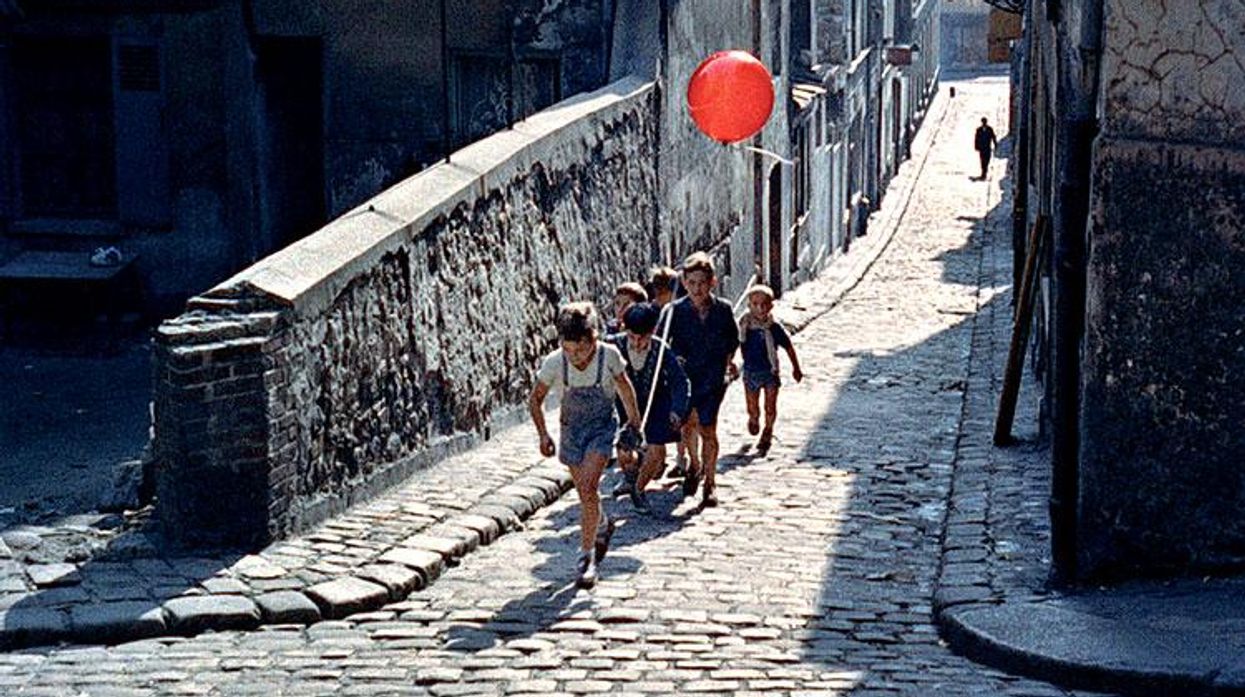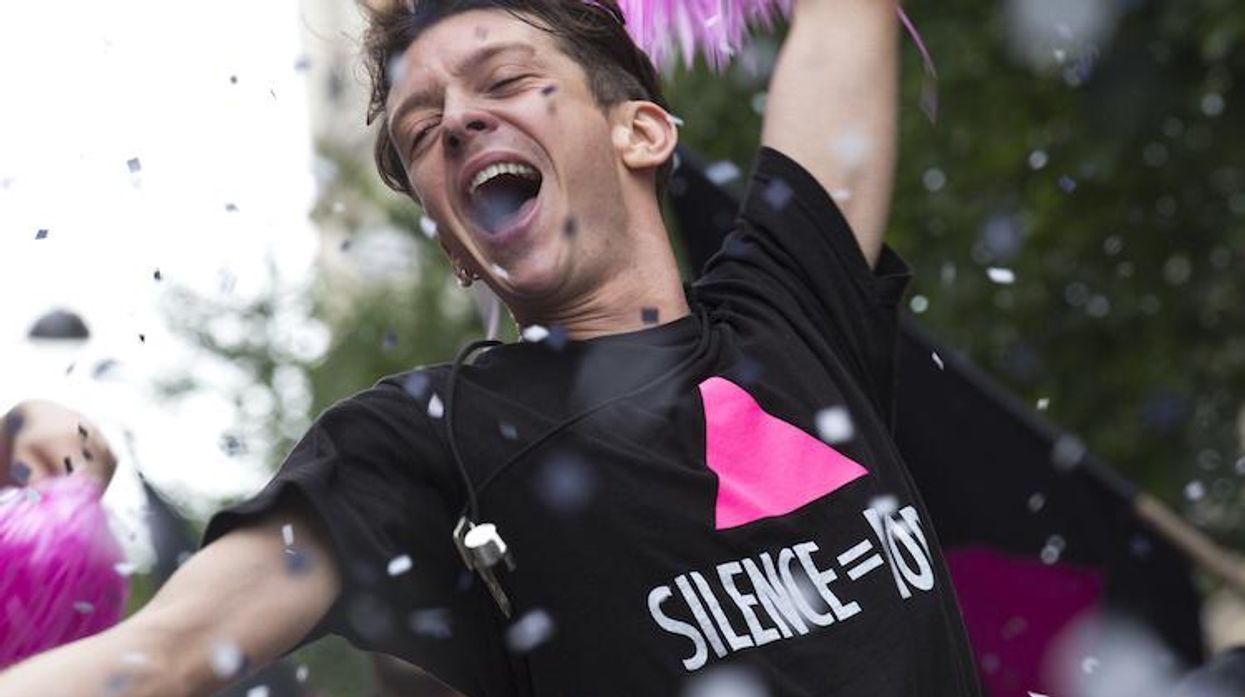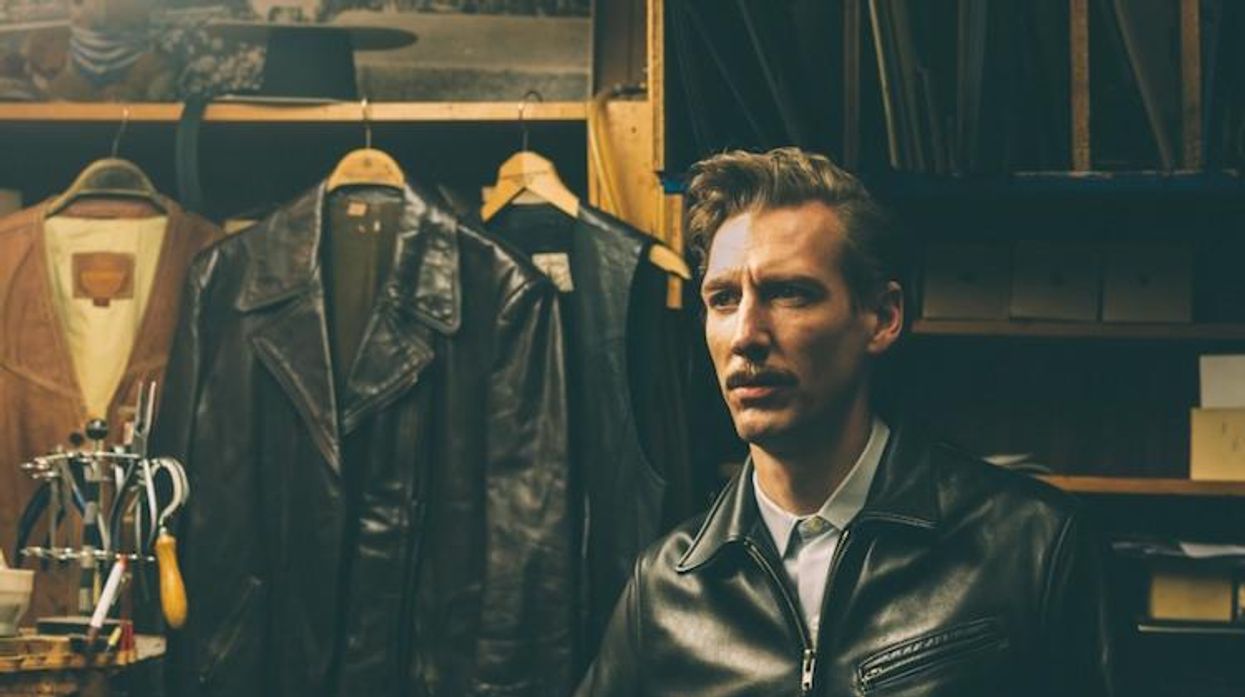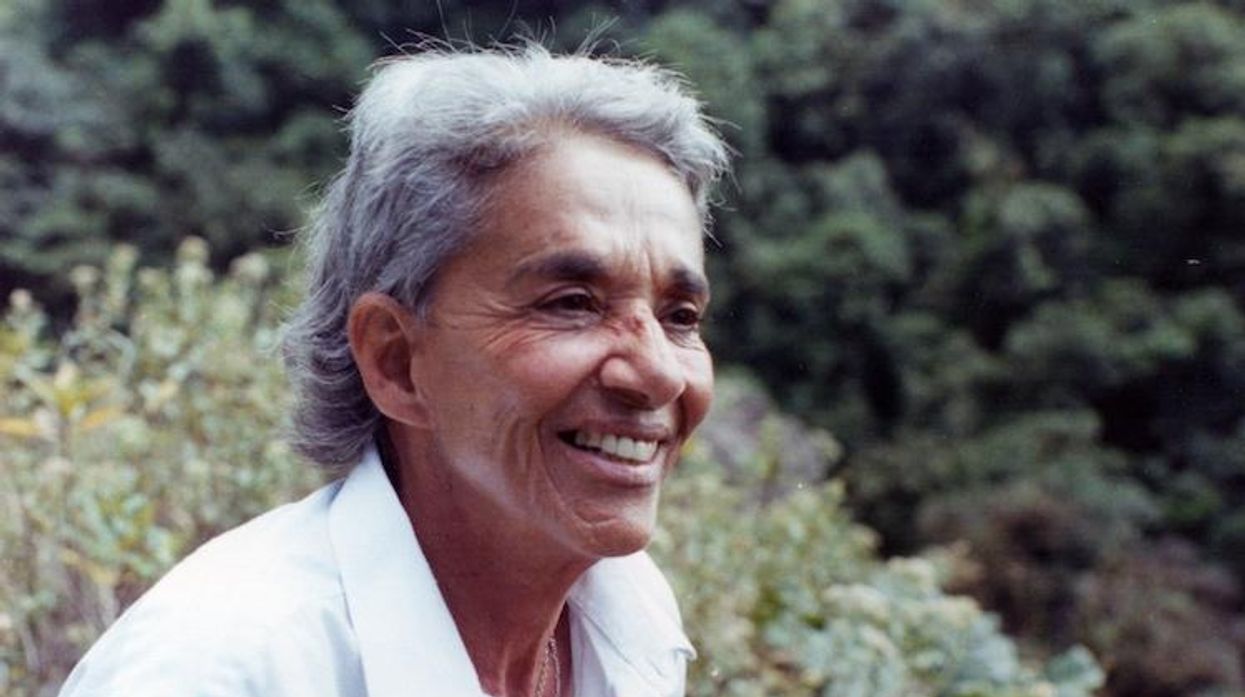During his 2004 comeback of renewed vigor and vocal authority, pop singer Morrissey released the remarkable B-side track "Don't Make Fun of Daddy's Voice." Who expected such a blithe yet daring provocation of male insecurity -- and of the social conditions surrounding it? Filmmaker David Thorpe personalizes that provocation and makes it the subject of the new documentary Do I Sound Gay?
Thorpe investigates the phenomenon of gay male speech patterns. Out of anxiety about his own voice ("I'm not totally satisfied with the person that I am") Thorpe polls friends, acquaintances and then visits a Hollywood voice coach and a speech pathologist. He admits gay shame, brought on by a trip to Fire Island where he feels assaulted by the chatter of gay train travelers: "Why do we attempt to sound like a pack of braying ninnies?"
This cultural rebuke is the first layer of Thorpe's personal unease. In his own blithe way, he gets at a dissatisfaction gay men feel that may be greater than penis envy. It takes many forms -- class, erotics, intelligence -- but all comes down to being "physically disconnected from self." The gay speech phenomenon -- casually found in the old "Muscle Mary" syndrome of hulking gym rats with high-pitched voices -- is a key aspect of gay men's self-consciousness.
Starting in puberty, before or after one's voice changes, vocal assurance is as important as the physical ease associated with athletic prowess and socializing with other (straight) males.
David Thorpe with Dan Savage
Thorpe seeks celebrity reinforcement in interviews with George Takei, David Sedaris, Tim Gunn, Don Lemon, Margaret Cho, and Dan Savage. Each one utters a bon mot of how they overcame embarrassment (Lemon is predictably disingenuous), but the wittiest is Scott Thompson's great Buddy Cole skit from Kids in the Hall -- a liberating exhibition of camp enunciation, wit, and bravado.
Confronting shame, Thorpe analyzes rarely addressed habits of internalized homophobia; Cho calls it "covering the 'tell.'" (The stereotypical tell-tale lisp is here re-defined as "frontally lateral misarticulation"). He gets at the way gay men "talk above their demographic status" and even queries the overly articulate villains in Disney cartoons as examples of homophobia -- although they're more likely figures of Anglophilia and Hollywood's cultural inferiority complex.
Thorpe's bald head and bearded long-jaw indicates modern gay clone identity. He does speech exercises in his apartment partly decorated by Brit pop record jackets that include the first The Smiths album. So I wondered why Thorpe never referred to Morrissey's amazing voice songs. "Don't Make Fun of Daddy's Voice" (a sequel to his 1990 "Lucky Lisp") offers the insight: "When he was a teenage boy/ Something got stuck in his throat." Morrissey marvelously avoids overstating the implicit pun so that it doesn't simply a-lewd to oral sex but also indicates the habits of speech and conduct generally considered as "masculine" but in reality are limiting to personal character and behavior. Concerned with language and culture as well as "sound," Morrissey even sings his first Spanish lyric "No te divierto con papi."
There's other pop music dealing with this dilemma. Before examining nature vs. nurture, Thorpe questions a teenager whose voice and demeanor led him to being bullied and beaten by a junior high schoolmate. Fey and defiant in the spirit of Thorpe's light-hearted but probing survey, the teen talks about his survival mechanisms. Here, Do I Sound Gay? poses a second, more important question about the generational difference in attitudes about gay self-acceptance:
The teen says he got his cojones from the pop diva anthem "Survior" by Destiny's Child. He has to correct the much older Thorpe who assumes the kid was inspired by Christina Aguilera's too-blatant anthem "Fighter." The cutie corrects him: "I am Destiny's Child." He makes Do I Sound Gay? both enjoyable and well-timed.
Do I Sound Gay? opens in select theaters July 10. Watch the trailer below:


